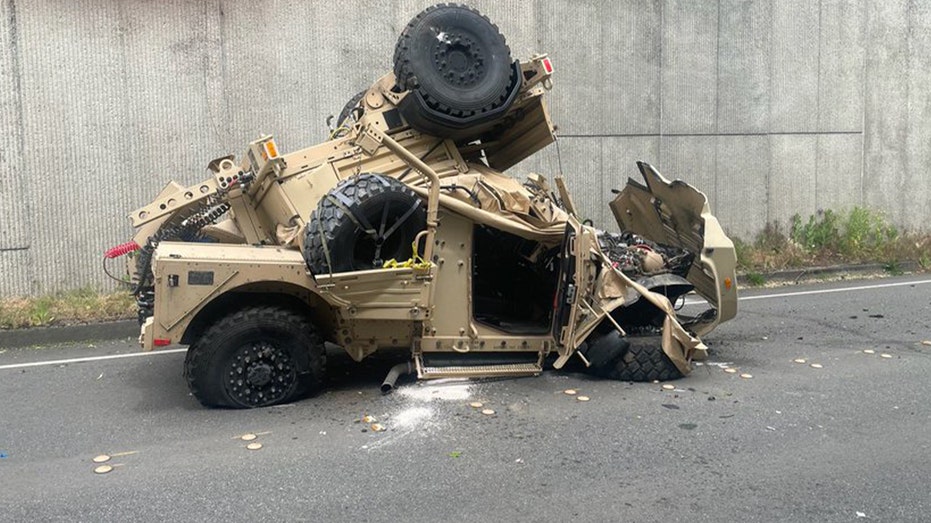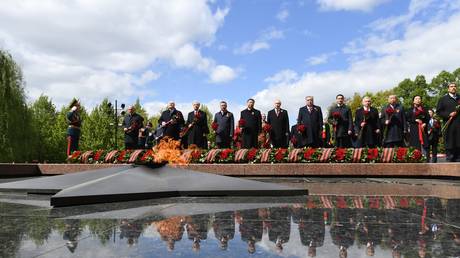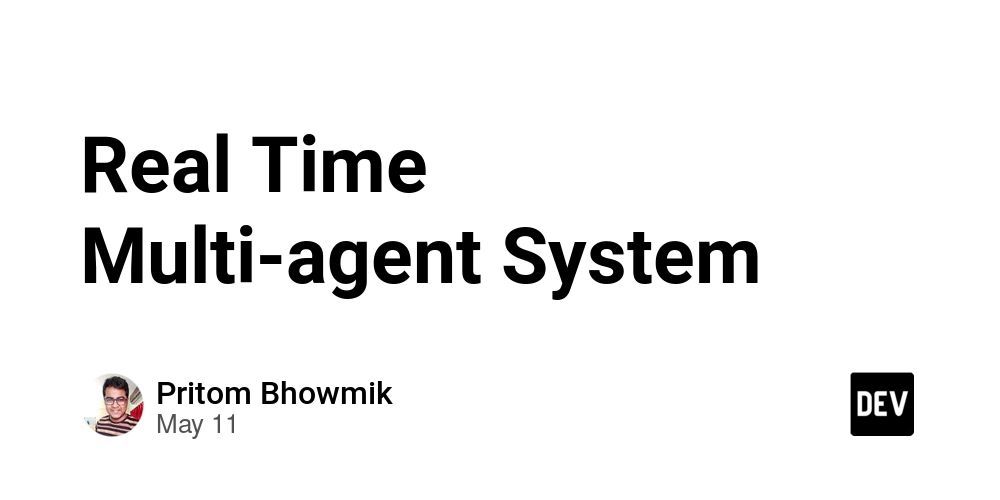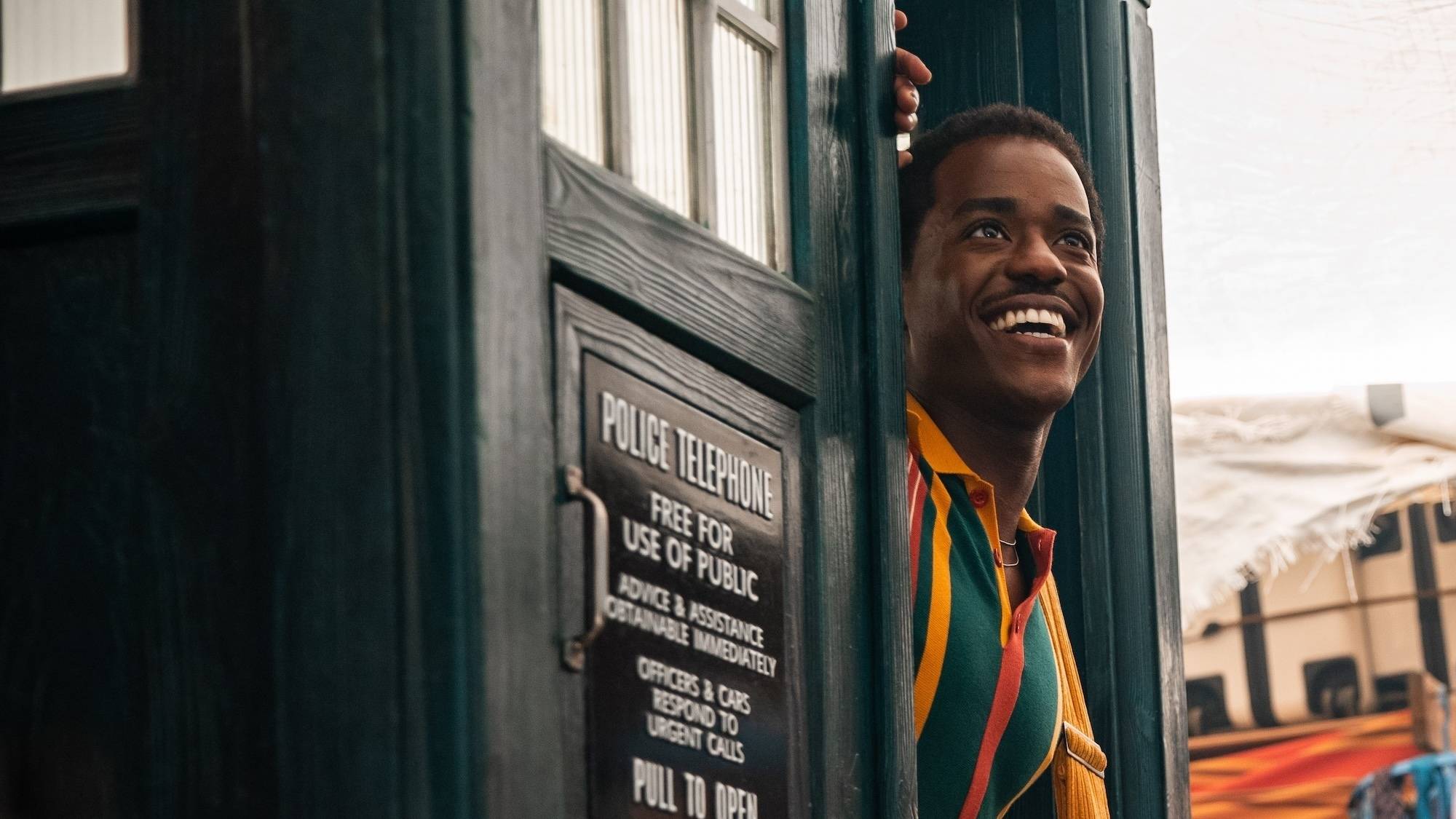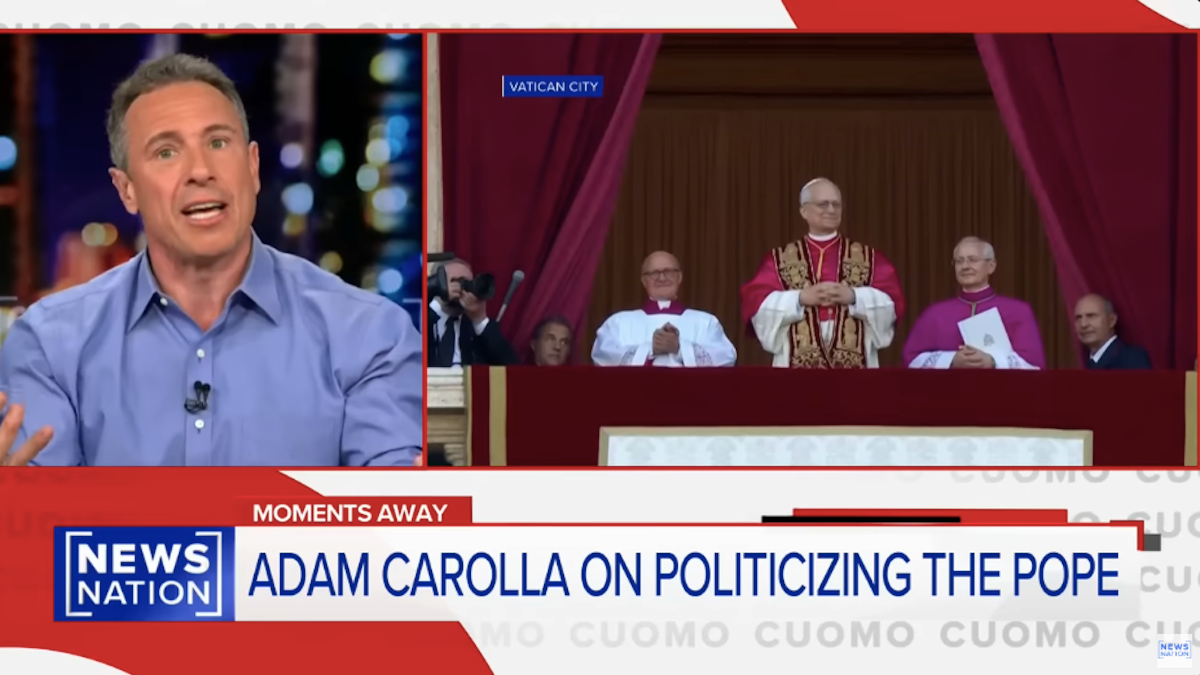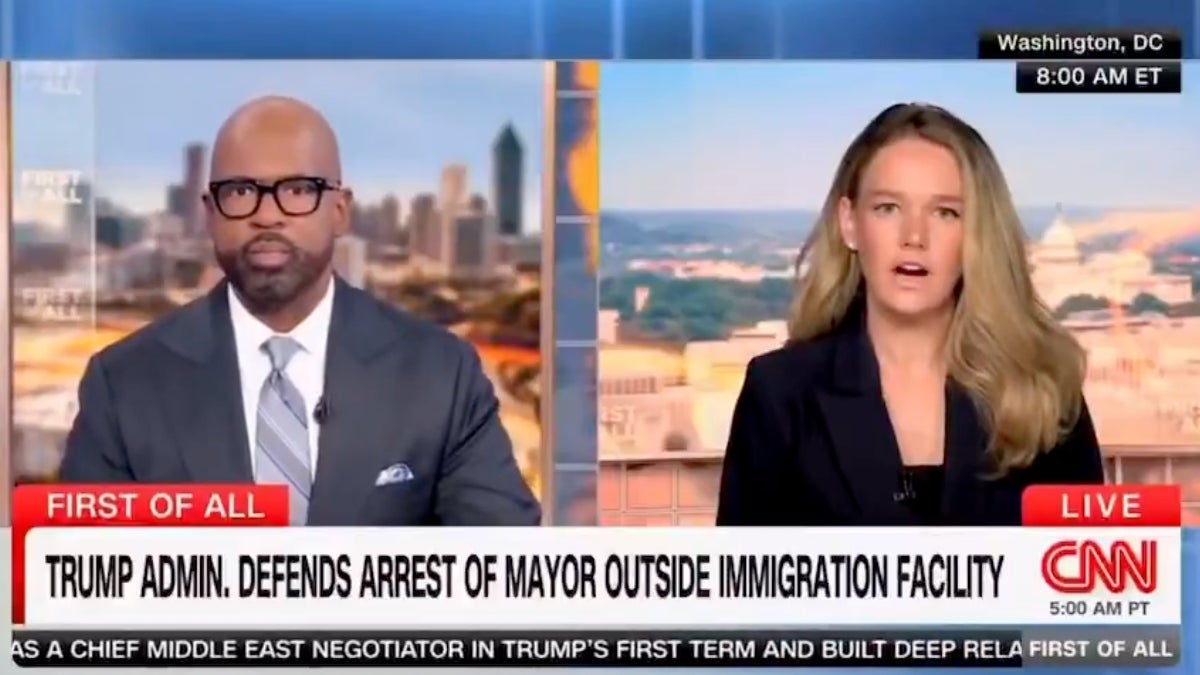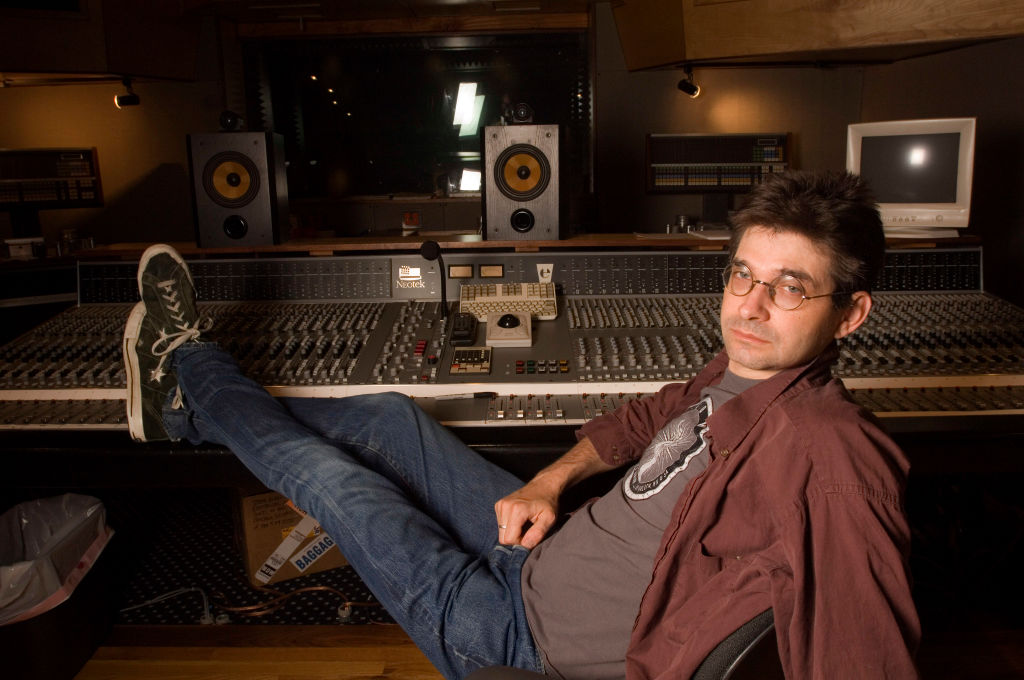Students Studying at Columbia Library Were Suspended for Protest They Took No Part In
After being threatened with losing their housing, several students who weren’t involved in the protests had their suspensions lifted. The post Students Studying at Columbia Library Were Suspended for Protest They Took No Part In appeared first on The Intercept.

A day after Columbia University called in the New York Police Department to arrest more than 70 pro-Palestine protesters who had occupied a library reading room, the university and its affiliate Barnard College suspended several students who had been present in the library.
The suspended students included students who happened to be studying in Butler Library at the time the occupation began, as well as journalists. The suspensions came amid final exams at the university. Some of the students who were not protesting have had their suspensions rescinded.
Barnard College informed suspended students that they would have to vacate their college housing within 48 hours and that their meal cards would be voided. The housing deadline was set to pass on Saturday, but Barnard said in a statement that no one had been evicted yet.
The Intercept spoke to several people who were put under interim suspensions, including a Barnard student who said that she and another student were suspended and given eviction notices before they had the chance to prove to the college that they had not been involved in the protest.
“Hasty punishments and violations of due process are exactly what we would expect.”
The stark and immediate punishments were meted out before the students were given a chance to respond, in what faculty members call a clear violation of due process related to the sensitivities over protests against the university’s ties to Israel amid its war on Gaza.
“Hasty punishments and violations of due process are exactly what we would expect when we allow our disciplinary and public safety policies to be dictated by political forces that value repression more than our community’s well-being,” Joseph Howley, an associate professor of classics at Columbia University, told The Intercept.
Yannik Thiem, an associate professor of religion at Columbia who taught some of the suspended students, told The Intercept, “The blanket move to interim suspend, without a process to establish that the students actually violated the rules in a way that warrants this kind of punishment, and to evict them, seem to be punitive measures that indicate that the students are presumed guilty until proven innocent.”
At least six students from Columbia and Barnard — including four journalists and, according to a student and faculty members, two who were merely studying at Butler Library — have had their suspensions and eviction notices lifted since the punishments were handed down Thursday.
Asked about its suspensions, punishments, and allegations that due process was falling by the wayside, a spokesperson for Barnard said, “Barnard respects and supports a robust student press. As students present in Butler Library during the disruption have been confirmed to be working as journalists, we have notified them that their interim suspensions have been lifted. As our review continues, we will issue additional notifications as necessary.”
“Initial interim suspensions were based solely on the time students exited Butler Library,” the spokesperson said. “Students who were able to demonstrate that they were not participants, despite remaining in the library after being directed to leave, have had their suspensions promptly lifted. No student has been required to leave campus housing as a result of an interim suspension.”
“Intense and Intimidating”
Among the students who had their suspensions reversed was Samra Moosa, a 20-year-old Barnard College student. Moosa spent the morning of May 7 working on her assignments in Butler Library’s reading room.
Around 3:15 p.m., just after Moosa had returned from a lunch break, around 100 protesters began a pro-Palestine protest in the library. Shortly after, Columbia-employed campus security officers arrived.
Moosa tried to leave when the protesters came in, but said the main exits were blocked by both protesters and campus security.
“The environment quickly became very intense and intimidating,” Moosa said. “We clearly witnessed Public Safety pushing and being very aggressive towards student protesters and obviously, in my mind, there’s no way I’m leaving through the front doors with Public Safety literally pushing at anyone.”
Moosa said she was also worried that, as a brown woman, Columbia’s Public Safety might assume she was a protester.
Some students, Moosa said, kept studying around the reading room as the protest continued. Others attempted to leave through the exits but were required to show their IDs first.
“I complied because I literally was a student just studying.”
Shortly after 4 p.m., as the protest continued, Moosa attempted to leave through a side exit of the reading room. Along with other students trying to leave, she was told by a security officer that she would have to show her ID in order to leave.
“So I complied because I literally was a student just studying and I showed her my ID,” Samra said.
On her way out, Moosa said, the Public Safety officer snapped a photo of her ID.
Moosa said she left the library of her own accord, never receiving any order, verbal or written, to evacuate the library while she was in the building.
At 6:02 p.m., about two hours after leaving the library, a university-wide email alert came from Columbia Public Safety: “Alert: Butler Library is closed and the area must be cleared.”
“No Evidence”
On May 8, the day after the protest, Moosa received an email from Barnard Dean Leslie Grinage that she had been suspended “effective immediately.” The decision, said the email, which was reviewed by The Intercept, stemmed from “information received from Columbia University Public Safety” that Moosa was “involved in a disruption” at the library the day before.
Within 48 hours, Moosa would have to evacuate her on-campus housing. “We understand that losing access to the residence hall you are assigned to,” the email continued, “is inconvenient and may pose a hardship.” Barnard added that if complying with the 48-hour deadline “presents a hardship,” they might provide “additional flexibility and support in leaving the residence hall.”
A well-placed source with knowledge of the mediation proceedings between the university and those present inside Butler Library told The Intercept that the working assumption that day was that the students who presented their IDs and identified themselves while leaving the library would get due process if disciplinary proceedings were initiated. The source requested anonymity over concerns of retaliation.
The suspension, according to Grinage’s email, was instituted because of alleged violations of Barnard’s Student Code of Conduct, which governs typical disciplinary proceedings. The email went on, however, to suggest that the punishments were separate from the normal processes.
“This interim suspension does not replace the Barnard Student Code of Conduct process, which will begin as soon as possible,” it said. “The College has not yet made a determination about your responsibility for any alleged violations of the Code at this time or the resulting sanctions if you are found responsible.”
Moosa, who is Muslim, replied to Grinage in short order, requesting that her suspension be lifted.
“I am deeply concerned that I have been mistakenly and unfairly identified as a protest participant,” she wrote. “I believe this may be due to assumptions based on my appearance, ethnic background, and religion. To be clear, I did not participate in the protest, nor did I engage in any disruption.”
She added that, on the contrary, she had “acted responsibly” to remove herself from the situation “as soon as it was safe to do so.”
Moosa met on Friday afternoon with Grinage, less than 24 hours after she’d received the initial suspension notice — and just 24 hours before her scheduled eviction.
“It’s as if she has no evidence, she has nothing on me, but they’re actively trying to find something.”
At the meeting, Moosa said, she read to Grinage from a prepared statement: “This accusation has caused me significant emotional distress and disrupted my ability to complete my final assignments. As a Muslim woman, I feel that Barnard has repeatedly failed to create a safe and supportive environment for students like myself. It is unacceptable for the College to claim inclusivity while subjecting students of color to racial profiling and false accusations.”
By the time evening fell, Moosa had still not received a judgment on her case. She had begun packing up her dorm room. At 9:32 p.m., Moosa received an email from Grinage that her suspension had been withdrawn. Moosa, however, was not in the clear: “Barnard reserves the right to reimpose interim sanctions and/or initiate charges regarding this matter at any point in the future,” wrote Grinage.
For Moosa, the email read like a threat.
“It’s as if she has no evidence, she has nothing on me,” Moosa said, “but they’re actively trying to find something to pin me to the protests.”
Trump Crackdown
The Butler Library protest and sweeping responses came amid an all-out assault against universities — particularly Columbia, which has been flashpoints of campus protests against Israel’s war on Gaza — by the Trump administration. Decrying virtually any pro-Palestine position as anti-Jewish animus, the administration formed a Joint Task Force to Combat Anti-Semitism to lead its crackdown.
Among other controversial measures — such as demands on its Middle East studies department that faculty members said flew in the face of academic independence — the administration withdrew hundreds of millions in funding from Columbia.
On the same day that Columbia and Barnard announced the suspensions, including those targeting non-protesters and student journalists, the Trump administration’s task force heaped praise on the university administration and Claire Shipman, its new acting president, for their response to the protest.
The task force said it was “encouraged by Acting President Shipman’s strong and resolute statement regarding the unlawful, violent and disgraceful takeover of Butler library” and that she had “met the moment with fortitude and conviction.”
The task force added that it was “confident that Columbia will take the appropriate disciplinary actions for those involved in this act.”
Howley, the classics professor, linked the school’s heavy-handed response to the protests to the threats over its funding.
“It turns out a university might not be able to uphold its own values when authoritarians hold a billion-dollar gun to its head,” he said.
“It turns out a university might not be able to uphold its own values when authoritarians hold a billion-dollar gun to its head.”
In a video released Wednesday evening, Shipman said she had “confidence the disciplinary proceedings will reflect the severity of the actions.”
The Columbia chapter of the American Association of University Professors said in a statement on Thursday that there is a “countervailing and urgent need” to “ensure due process for all parties.”
Barnard “treats students guilty before they have a chance to prove themselves innocent,” a professor at the school who asked to not be named due to concerns over retaliation told The Intercept. “It is the most cynical interpretation of due process under their own ‘more likely than not’ standard that they insist is educational and not punitive.”
The hasty suspensions and evictions, with lapses in due process, are not new to Barnard. Following the Gaza Solidarity Encampment at Columbia last April, Barnard suspended at least 53 students and evicted them from their dorms, barred them from campus, and revoked their access to campus dining. Some suspended students were given a mere 15 minutes to pack up and leave their housing. Their suspension notices had said that a campus security official “will escort you to your room, and you will have 15 minutes to gather what you might need.”
Such precedents at Columbia and Barnard have left students especially uneasy.
Moosa said that, given the manner in which Barnard acted, she feels that the college is still holding the threat of suspension over her head.
“I don’t feel relieved,” she said, of having her suspension revoked. “I haven’t done anything to prove to this college that I am a danger to this campus.”
The post Students Studying at Columbia Library Were Suspended for Protest They Took No Part In appeared first on The Intercept.

